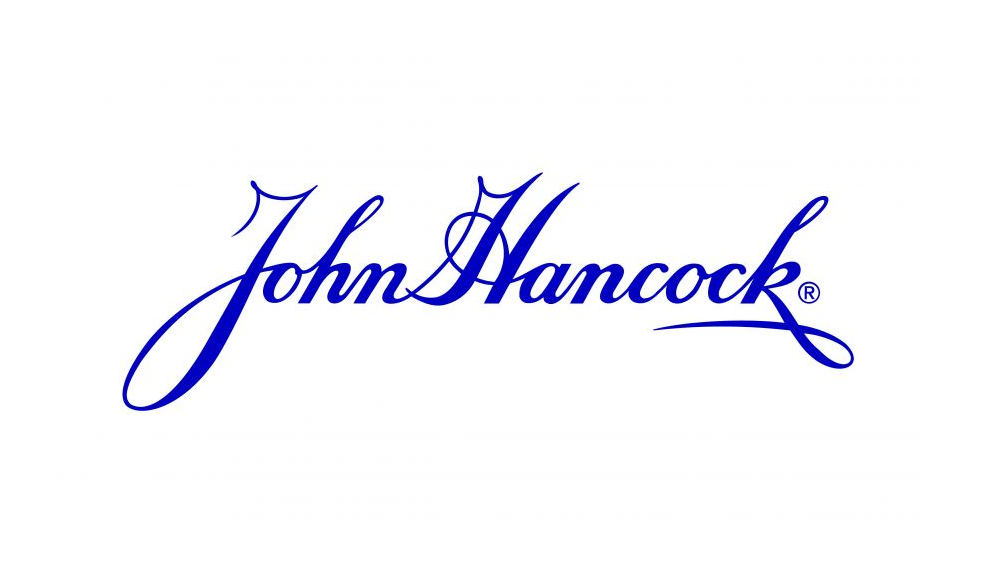AgeLab to Drive Longevity Innovation and Research
- Manulife/John Hancock has entered into a collaboration with MIT.

John Hancock, along with its Toronto-based parent company Manulife (NYSE:MFC), today announced a five-year, multimillion-dollar research collaboration with the Massachusetts Institute of Technology (MIT) AgeLab, a multi-disciplinary research institute that works with business, government, and NGOs, leading innovation and research to help improve the quality of life for the aging population and their loved ones. Over the next five years, Manulife/John Hancock and the MIT AgeLab will collaborate to research the future of longevity innovation, developing research, thought leadership, and workshops with the goal of driving actionable insights for the business community, policymakers, and individuals and their families.
The World Economic Forum (WEF) reports that by 2050, the number of people aged over 60 is expected to double to 2.1 billion. Yet, one-fifth of an individual’s life, on average, is now expected to be lived with morbidity or in a state of illness. Lifespans and healthspans are not evenly distributed at the national or global level: a significant outcome of socioeconomic and environmental disparities. As such gaps expand, so does the need for immediate action to address what is already a major longevity crisis in our communities and the world at large. As the aging population grows, better understanding the intersection of health and wealth, including preventative health measures and retirement planning, will be paramount.
“The fastest-growing age cohort in the world is people over 85. As we continue to see people live longer lives, it is crucial that we gain new insight into how we can make longer lives synonymous with better and healthier lives,” said Brooks Tingle, president and CEO, John Hancock. “We fundamentally believe in helping make this a reality and know that this ambition does not start and end within the walls of our business. That’s why we’re committed to collaborating with leaders in the space, like the MIT AgeLab, to help provide others—from policymakers to industry leaders to healthcare advocates—with critical learnings that can scale our shared mission to drive better health and wealth outcomes.”
This research will explore the critical tenets of longevity in the United States and hopes to develop a first-of-its-kind longevity preparedness index, to be produced annually over an initial five-year period. As lifespans continue to increase worldwide, the index will measure the readiness of Americans from every generation to live a longer, healthier, and better life; and provide data-driven insights for maximizing financial planning, health and wellness habits, work and retirement transition planning, housing choices, end-of-life planning, and technological advances that support critical health and financial needs at each step of the aging process. Research on the first annual index will begin in the spring of 2024. The index is expected to expand to include Canada as the collaboration evolves.
MIT AgeLab founder and director Dr. Joseph Coughlin will lead this work with a team of social and data scientists along with experts outside of MIT. In addition to the index, the group will host several workshops throughout the year to engage in discussions and activations around longevity, generational dynamics, new technology, and behavioral insurance. Manulife/John Hancock has also joined the MIT AgeLab PLAN, an industry consortium examining how the business of advice might better prepare people to live 100 good years.
“My research team is excited to embark on this research collaboration with Manulife/John Hancock,” said MIT AgeLab’s Coughlin. “The spirit of MIT is to think and do. We want not only to identify the many different dimensions of what it takes to live longer, better; but also to measure the preparedness of a nation to live 100 good years. It is our shared objective that our work will educate and motivate people to do what it takes for themselves, their families, and their communities—to turn a longer life into a better life for all.”
The MIT AgeLab, based within MIT’s Center for Transportation & Logistics, is known internationally for its multi-disciplinary work exploring avenues of pragmatic, actionable innovation desired by, and useful to, aging consumers and workers, as well as their loved ones. This ongoing project spans sectors including automotive, healthcare, caregiving, housing and community design, and financial services; and inspired Coughlin’s bestselling 2017 book, The Longevity Economy.
This announcement supports Manulife’s Impact Agenda, which seeks to empower sustained health and well-being, and builds on John Hancock’s inaugural Longer. Healthier. Better. Symposium hosted in Boston in September of 2023, where global leaders across public and private sectors convened to share the latest research and innovations driving the future of longevity. Globally, Manulife was proud to support WEF’s recently announced Longevity Economy Principles, which offer a strategic approach to addressing the global longevity crisis. Manulife also recently announced a multi-year partnership with UpLink, WEF’s open innovation platform, designed to help shape the future of, and investment in, longevity innovation.
Learn more about Manulife, John Hancock, and the MIT AgeLab.
About John Hancock and Manulife
John Hancock is a unit of Manulife Financial Corporation, a leading international financial services provider that helps people make their decisions easier and lives better by providing financial advice, insurance, and wealth and asset management solutions. Manulife Financial Corporation trades as MFC on the TSX, NYSE, and PSE, and under 945 on the SEHK. Manulife can be found at manulife.com. One of the largest life insurers in the United States, John Hancock supports more than ten million Americans with a broad range of financial products, including life insurance and annuities. John Hancock also supports US investors by bringing leading investment capabilities and retirement planning and administration expertise to individuals and institutions. Additional information about John Hancock may be found at johnhancock.com.








